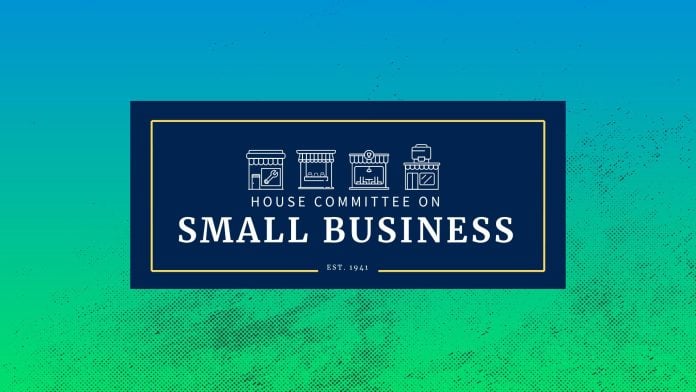The recent session of the House Committee on Small Business gathered a diverse group of content creators to discuss crucial strategies for enhancing the impact of small businesses in the digital landscape. This meeting highlighted the increasing importance of online presence and digital marketing for small business success.
Among the notable advocates was Rep. Roger Williams, who emphasized the need for small businesses to capitalize on digital platforms. He stated, “Content creators play a vital role in promoting brands, and small businesses must leverage these tools to thrive.” His remarks underscore a growing recognition among policymakers of the opportunities that content creation offers to bolster small businesses’ visibility and reach.
The session was beneficial, particularly for those small business owners who are still grappling with how to effectively use social media and digital content to market their products or services. Many of the content creators shared practical insights into how they have used digital platforms to grow their brands. Examples included successful strategies in utilizing platforms like Instagram and TikTok for direct consumer engagement, showcasing products in innovative ways that resonate with audiences.
Content creators emphasized that authenticity is key in digital marketing. They pointed out how relatable, genuine content can foster stronger relationships between consumers and brands. A creator shared, “When your audience sees the real you, it creates trust which leads to loyalty.” This sentiment is particularly vital for small businesses aiming to differentiate themselves in a crowded market.
Moreover, the meeting served as a platform to discuss the integral role of collaboration between content creators and small businesses. Many small business owners may overlook the potential value of partnering with influencers or content creators. Such partnerships can lead to increased exposure and drive sales, particularly among younger demographics who tend to trust recommendations from content creators they follow.
While the advantages are clear, small business owners should also consider the challenges that come with creating a strong online presence. The ever-changing algorithms of social platforms can make it difficult to maintain visibility without ongoing effort and strategy adjustments. Additionally, the need for consistent content production can pose a significant time and resource commitment for small businesses already stretched thin.
In light of these discussions, it is prudent for small business owners to evaluate their current marketing strategies and consider whether collaborations with content creators could enhance their digital outreach. Investing in training or workshops on digital marketing might also be beneficial for those feeling overwhelmed by the fast-paced nature of online engagement.
A critical takeaway from this gathering is that the digital landscape is not merely an optional tool for small businesses anymore; it is a fundamental component of business strategy. In a world increasingly driven by digital interactions, small business leaders must adapt and innovate to remain relevant.
Finally, the meeting encapsulated the essence of why small businesses must embrace a dynamic, content-driven approach—enhancing visibility, connecting with audiences, and ultimately driving growth. As Rep. Williams put it, “In an era defined by digital connectivity, the potential of content creation for small business might just be the key to their future success.”
For those interested in more details about the event and insights from the discussion, additional information is available on the House Committee on Small Business’s website here.
Image Via BizSugar



